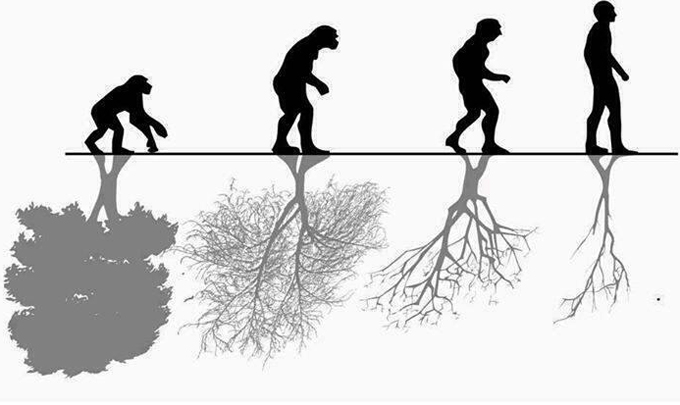With the advent of life on earth, the spread of living beings, the change in relief, one can observe the influence of man and nature on each other. It is worth noting that in ancient times this influence was not so significant, because the surrounding world was a kind of helper, a way of survival for ancient people. With the development of intelligence, civilization, the pressure on the environment gradually increased. And today it has reached such a point that a person looks at his future with apprehension.
From the famous Kazakh writer Olzhas Suleimenov there is a poem "Earth, bow to man!". It should be recognized that the earth, unable to withstand many years of struggle, has long been at the feet of man.
Nevertheless, it is unfair to say that there is only a negative impact on nature, a considerable number of positive aspects.
The positive impact of man on nature
- For the protection and preservation of natural resources, for a century now, nature reserves and sanctuaries. By prohibiting all human activity in such areas of the territory, states are able to carry through time the original views and landscapes created by nature. So, on the territory of the Caucasian Reserve of the Russian Federation there are mountains Elbrus and Kazbek, on the slopes of which there is snow all the time. And the Valley of Geysers in the Kronotsky Reserve is a truly amazing sight.
- Intensive creation and use of irrigation systems. What are these systems? Irrigation available a set of measures that allows you to deliver water to the arid regions of our planet. The simplest example of irrigation is watering beds in gardens and summer cottages. But if we talk about large volumes of land that need watering, today a number of technical structures have been invented that amaze with their architecture.
- Beneficial human activities include invention of powerful cleaning structures for detention of organic and mineral waste. Found wide application in the industry, sewer constructions, production stations.
- Optimal use of agricultural land are among the most important problems of nature management today. Rational and efficient use of land includes a number of measures that can prevent depletion and pollution of the soil; preserve and enhance useful qualities and properties.

The negative impact of humanity
- Air pollution toxic substances, the main source of which are industrial enterprises and cars. Due to the release of industrial waste into the atmosphere, such as carbon and nitrogen oxides, sulfur dioxide, the living shell of the Earth, including man himself, suffers. About four million people die from air pollution every year.
- Sometimes trying to help, humanity causes considerable harm. An example of such assistance is soil fertilization. Thus, there is a possibility that due to the use of potash and phosphorus fertilizers, the concentration of radioactive substances in the soil increases significantly. The accumulation and lack of proper processing of household waste also destroys the soil cover. The surface layer of the earth suffers from industrial waste, toxic emissions into the atmosphere, oil products. Such human activity leads to the fact that the soil loses its ability to self-purify itself from harmful microorganisms and becomes a source of many diseases.
- The hydrosphere, like other shells of the Earth, suffers primarily due to discharge of industrial and agricultural wastewater. Particular attention should be paid to the pollution of the oceans during the extraction and processing of oil. Satellite photographs show that a third of the water surface is covered with an oil film, which disrupts its interaction with the atmosphere, disrupting the water cycle in nature. The globe is almost 70% covered with water, but according to a study, only 1% is suitable for human consumption.
- Poaching, illegal hunting, fishing. Destroying and shooting ordinary or endangered representatives of the fauna, poachers cause ecological imbalance in individual regions. The restoration of the number of animals is much slower than their destruction. Large-scale fishing with nets can only be explained by a thirst for profit. The use of fishing spears and electric fishing rods leads to the devastation of water bodies, which is fraught with consequences for the biosphere.
- Negative impacts on flora and fauna include deforestation. Once under direct sunlight, shade-loving plants wither away. Herbaceous and shrubby tiers of flora are modified due to changes in external conditions, some even disappear altogether. In addition, mass hikes of tourists, trampling and compaction of the soil turn out to be a bad side for the vegetation cover.

Time to take stock
The future of mankind directly depends on the state of nature. Preservation of the natural balance is necessary first of all for the full existence of man. Environmental protection and efficient use of natural resources are the most relevant activities today.
Many countries support environmental policy through the development of special laws and bodies for the protection of the environment. For example, in the UN system, a UNEP program has been created that unites all countries and is designed to protect nature at the system-wide level. In solving these problems, an important role is played by the upbringing of the population, decent education and training of qualified specialists in the field of ecology.
